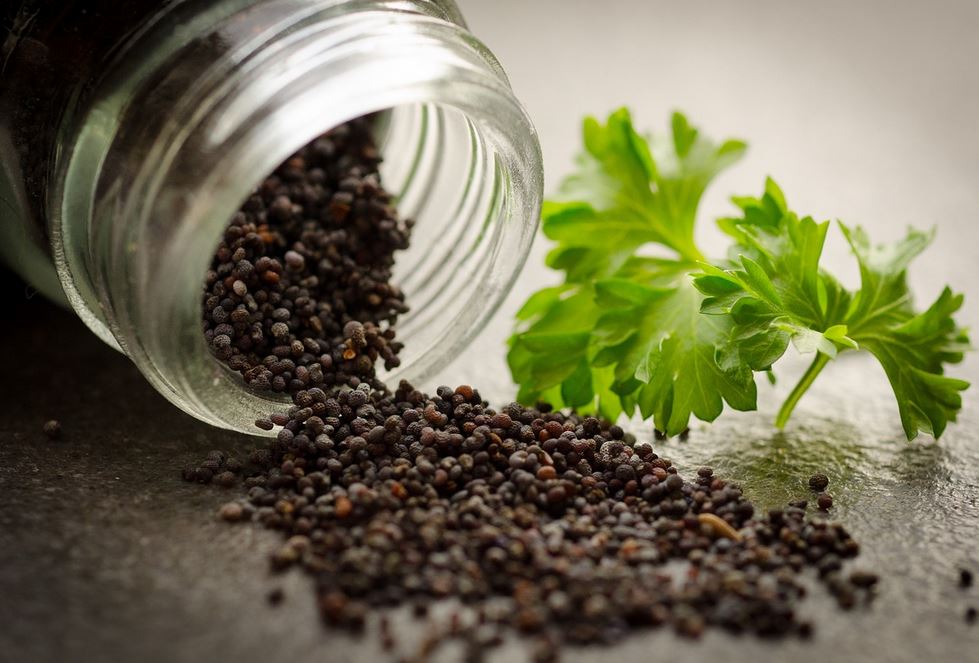Sesame seeds, though small in size, pack a powerful punch when it comes to nutrition, versatility, and health benefits. These tiny seeds have been a staple in diets around the world for centuries, and for good reason. Here’s why you should consider buying sesame seeds and incorporating them into your daily routine.

Nutritional Powerhouse
Sesame seeds are incredibly nutritious, offering a wealth of essential vitamins and minerals. Just a small serving can provide significant health benefits:
- Rich in Healthy Fats: Sesame seeds are an excellent source of healthy fats, particularly polyunsaturated and monounsaturated fats, which are beneficial for heart health.
- High in Protein: They are a great plant-based source of protein, making them a valuable addition to vegetarian and vegan diets.
- Packed with Vitamins and Minerals: Sesame seeds are loaded with vitamins B1 (thiamine), B3 (niacin), and B6, as well as minerals like calcium, iron, magnesium, phosphorus, and zinc. These nutrients are essential for various bodily functions, including bone health, red blood cell production, and immune support.
Health Benefits
The impressive nutrient profile of sesame seeds translates into numerous health benefits:
- Heart Health: The healthy fats in sesame seeds can help lower bad cholesterol levels, reducing the risk of heart disease. Additionally, the seeds contain antioxidants like sesamol and sesamin, which protect the heart and blood vessels.
- Bone Strength: With their high calcium and magnesium content, sesame seeds support bone health and can help prevent conditions like osteoporosis.
- Anti-Inflammatory Properties: Sesame seeds have anti-inflammatory compounds that can help reduce inflammation in the body, potentially alleviating symptoms of arthritis and other inflammatory conditions.
- Blood Sugar Regulation: The seeds contain fiber and protein, which can help regulate blood sugar levels and support metabolic health.
Culinary Versatility
Sesame seeds are incredibly versatile and can be used in a wide range of culinary applications. Here are some delicious and easy ways to incorporate them into your diet:
- Toppings: Sprinkle sesame seeds on salads, soups, and stir-fries for added crunch and nutrition.
- Baking: Add them to bread, muffins, and cookies for a nutty flavor and extra nutrients.
- Tahini: Make or buy tahini, a paste made from ground sesame seeds, which is a key ingredient in hummus and can be used as a dressing or spread.
- Sesame Oil: Use sesame oil in cooking or as a dressing for a rich, nutty flavor.
Ancient Superfood
Sesame seeds have been revered in various cultures for thousands of years. They are one of the oldest oilseed crops known to humanity, with a history of use in ancient civilizations such as Egypt, India, and China. Incorporating sesame seeds into your diet connects you with this rich heritage of wellness and culinary tradition.
Environmentally Friendly
Sesame plants are relatively low-maintenance and drought-resistant, making them a more sustainable crop compared to other oilseeds. By choosing sesame seeds, you are supporting environmentally friendly agricultural practices.
Conclusion
Sesame seeds are a small but mighty addition to your diet, offering a plethora of health benefits, culinary versatility, and a connection to ancient traditions. Whether you sprinkle them on your dishes, blend them into tahini, or enjoy their oil, sesame seeds are a valuable addition to your pantry. Next time you’re shopping, make sure to add sesame seeds to your list and start reaping the benefits of this remarkable superfood.
